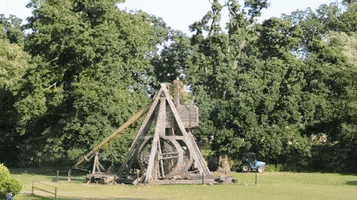Rotting forests release large amounts of methane too. Grazing animals is actually a way to increase the carbon content of the soil.Montegriffo wrote: Sun Sep 15, 2019 7:47 am Did I say stop all meat production?
Factory farmed beef is very high in CO2 emissions, that's what goes in your fast food burgers.
Sheep release large amounts of methane and are often raised on hillsides which used to be covered in trees.
The land used for growing animal fodder can be used to produce fodder for humans and eventually, it can be farmed with electric tractors using cleaner energy.
A carbon tax would reflect the true cost of meat production and encourage people to think more about what they eat.
If you want to decrease CO2 emissions, it's better to go from pork and chicken to cow and sheep. And not all cow meat is produced through factory farming, not even in the worst offending countries like the US. Pigs and chicken require high quality fodder, but ruminants can use grass, which is worthless to most species, and turn it into food. And yes, they do release some methane, but they're also taking up as much carbon as they release.
And no, the land used for growing animal fodder, that is grass, can't always be used for growing fodder for humans. For example in Norway, there are very few areas where it's possible to grow anything at all, but there's grass there. The only way to get food for humans out of those areas, is to let animals graze there and turn cellulose into meat.
